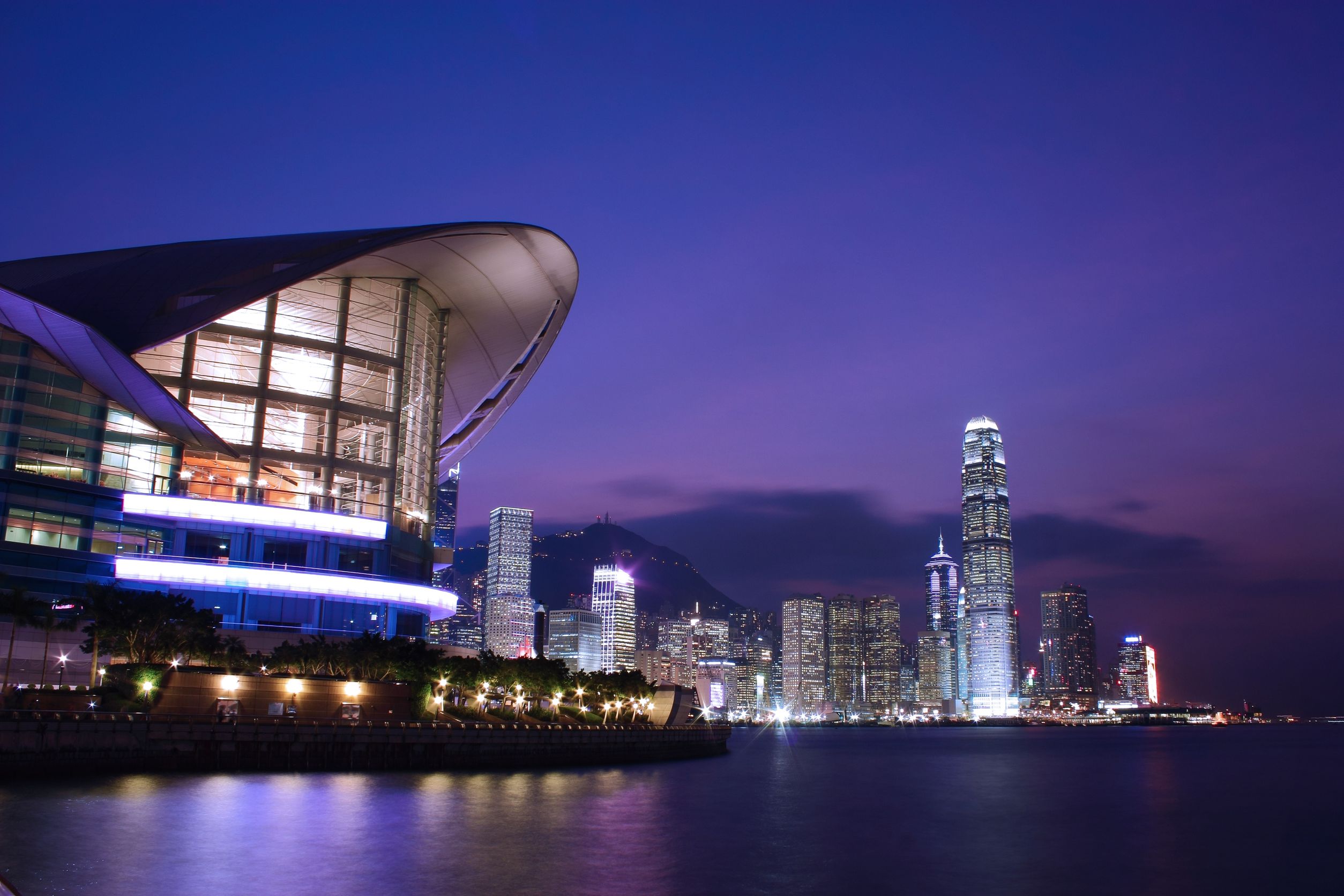23 June, 2017
A Chinese state-owned enterprise (SOE) cannot claim Crown immunity to prevent the execution of an arbitration award against assets in Hong Kong, the Hong Kong High Court has found.
A 2014 arbitral award against Chinese SOE China National Coal Group (China Coal) ordered it to pay $5.3 million to Malaysian company TNB Fuel Services (TNBF) for breach of a coal sale contract.
In an attempt to enforce the award TNBF obtained a charging order nisi in 2016 in respect of nearly two million shares held by China Coal in a Hong Kong company, China Coal Hong Kong.
In response, China Coal argued that the Hong Kong courts lacked jurisdiction over it, because as an SOE it formed part of the Chinese government and was therefore entitled in Hong Kong to assert Crown immunity.
However, the Court rejected the argument and granted a charging order absolute over the shares.
The Court heard evidence on the laws of the People's Republic of China regarding the status and commercial autonomy of SOEs and the extent of government control over their activities.
The Court also looked at whether the Central People’s Government (CPG) had itself asserted Crown immunity or had authorised
China Coal to assert it.
A letter from the Hong Kong and Macao Affairs Office of the State Council of the CPG said that an SOE was an independent legal entity with no special status, the judgment said.
The letter also said that SOEs could only be considered to be part of the CPG in "extremely extraordinary circumstances", which did not apply to the current case.
A review of Chinese Company Law and State-Owned Assets in Enterprises Law, particularly on the role of SASAC, the supervisory body for SOEs, and the Articles of Association of China Coal also led the Court to conclude that the SOE had operational autonomy and independence, it said. It ruled that the functions and role of SASAC are those of a contributor of capital and so it is not empowered to intervene in business activities of China Coal.
"The High Court’s decision brings clear and helpful guidance as regards the status and interests of Chinese SOEs as regards liability under contracts entered into in Hong Kong and where enforcement of liability against an SOE is attempted in Hong Kong," said Hong Kong-based arbitration expert Vincent Connor of Pinsent Masons, the law firm behind Out-Law.com.
"The concept of Crown immunity is a matter of common law in Hong Kong, and survived the handover of the territory of Hong Kong from the UK to the People's Republic of China, with the Chinese government enjoying from that point onwards the immunity previously accorded to the British Crown," said Connor.
"This case attracted the attention of Hong Kong's secretary for justice, who was allowed by the Court to join the proceedings as an 'intervening party' due to the potentially significant constitutional issue of Crown immunity which had been raised," Connor said
"The consequences for Chinese SOEs of a Crown immunity ruling by the Hong Kong courts would have been seismic for them in commercial terms; and this welcome ruling is good news both for SOEs and also for demonstrating the open and level playing field to commercial parties provided by the dispute resolution and enforcement court and arbitration regime in Hong Kong," he said.
Pinsent Masons represented TNBF in this case.
For further information, please contact:
Ian Laing, Partner, Pinsent Masons
ian.laing@pinsentmasons.com

.jpg)





